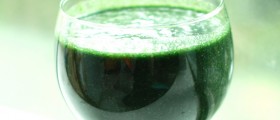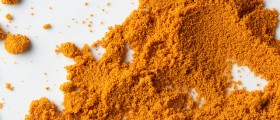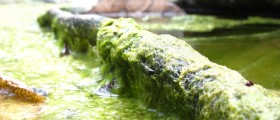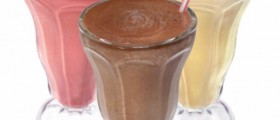
What is spirulina?
Spirulina is a tiny, microscopic blue-green algae that is shaped like a spiral, hence the name. It can be sound both is sea and in fresh waters.
It is cultivated all around the world because it is a very popular supplement, meant for both human and animal use. It is a dietary supplement and a whole food, and it comes in form of tablets, powders and flakes.
Like all algae, spirulina can absorb harmful agents, toxins and heavy metals from the water, so it can be harmful for human health. This is why it is important to use spirulina supplements only from trusted brands, those that have performed all the necessary tests and analysis.
Spirulina benefits
The main problem with spirulina is that there is not sufficient research which could confirm how exactly, if at all, spirulina benefits humans. On the other hand, there have been many studies on animals which have shown extraordinary results, so scientists believe that some or most of the effects are applicable to humans as well.
Spirulina is believed to support and build immunity, because it increases the production of antibodies, infection-fighting proteins called cytokines and other cells that help prevent and reduce infections and cancer. This allegation is not yet confirmed on humans.
Since it is an excellent natural source of protein, spirulina has been used for a long time as a protein supplement. However, it is believed that other protein sources, like nuts and legumes, are a better choice for those who wish to replenish their protein levels.
Also, it is believed that spirulina can be used as a natural antihistamine, which makes it beneficial for persons who suffer from allergies.
Spirulina favors the growth of “good” bacteria that inhabit the intestines and promote absorption and immune response. Sometimes the levels of those bacteria are lowered, mostly due to the use of antibiotics, and they need to be replenished, and it is where spirulina can help.
Although it is not certain that this could work in humans in case of actual infections, test tube studies have shown that spirulina can fight influenza, herpes and even HIV.
Also, a study that combined placebo and spirulina has shown that spirulina reduces pre-cancerous lesions in people who chew tobacco.
Spirulina is also believed to be helpful for people who have liver disorders like chronic hepatitis.
Side effects of spirulina
Spirulina has been used as food for a long time and it does not seem to have any dangerous side effects in itself. However, some problems may arise if it has been cultivated in polluted waters. This is why it is important to chose brands carefully. Hawaiian spirulina is probably the most famous and preferred to other sorts because it is cultivated in pristine clear waters in Hawaii.

















Your thoughts on this
Loading...